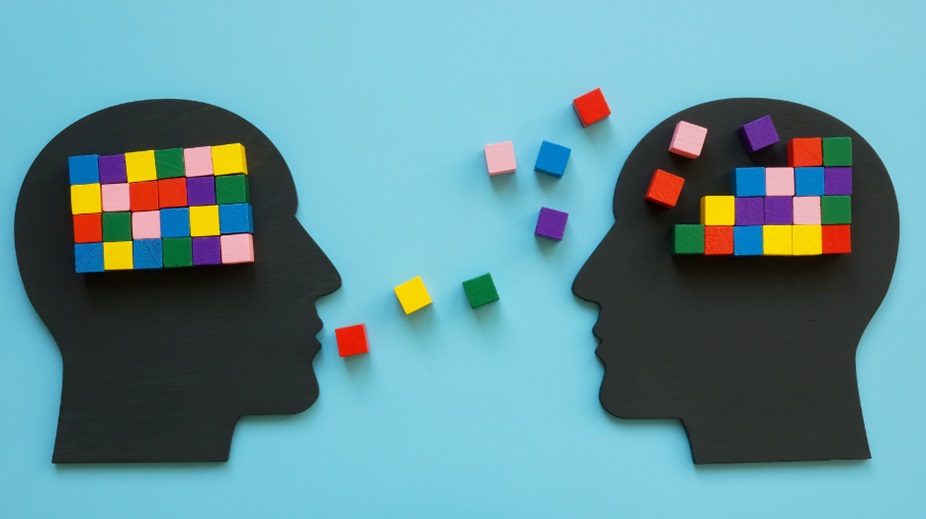
What to Expect in Your First Session with a Psychotherapist
Entering therapy for the first time can be both an exciting and daunting experience. Understanding what to expect in your initial session with a psychotherapist in Manhattan can help ease any anxiety and prepare you for a productive start to your therapeutic journey. This article will guide you through the typical structure of a first therapy session and what you can anticipate during this important meeting.
The Initial Assessment
The first session with a psychotherapist typically involves an initial assessment, where the therapist gathers information about your current situation, mental health history, and the reasons you are seeking therapy. This part of the session serves as a foundation for understanding your needs and forming a treatment plan tailored to your unique circumstances.
Expect to discuss your personal history, including any past experiences with therapy, medical history, and any relevant life events. The therapist may also ask about your goals for therapy, what you hope to achieve, and any specific issues you want to address.
Building a Therapeutic Relationship
A crucial component of the first session is establishing a rapport between you and the psychotherapist. This relationship forms the basis for effective therapy, as it requires trust and open communication. The therapist will likely work to create a safe and welcoming environment, allowing you to feel comfortable sharing your thoughts and emotions.
During this time, the therapist may also explain their therapeutic approach, how sessions will be structured, and discuss confidentiality and privacy policies. This is an opportunity for you to ask any questions and express any concerns you might have about the therapy process.
Setting Goals and Expectations
Another key aspect of the first session is setting goals and expectations for therapy. This involves discussing what successful therapy looks like to you and how progress will be measured. The therapist may suggest some preliminary goals based on your discussions and work with you to refine these as therapy progresses.
It’s important to have realistic expectations about what therapy can achieve and to understand that progress can take time. The therapist will help you develop a timeline for therapy, outlining the frequency of sessions and any homework or activities you might need to complete outside of sessions.
Exploring Emotions and Thoughts
In the first session, you may begin to explore some of the emotions and thoughts contributing to your current challenges. The therapist might use various techniques to help you articulate these feelings, such as open-ended questions or reflective listening. This initial exploration sets the stage for deeper work in future sessions.
The therapist will guide you through this process, ensuring you feel supported and understood. It’s natural to feel a range of emotions during this time, and your therapist is there to help you navigate them.
Conclusion
Your first session with a psychotherapist is a crucial step in your journey toward mental health and well-being. By understanding what to expect, you can approach the session with confidence, ready to engage in the therapeutic process. This initial meeting not only lays the groundwork for your therapy but also begins the process of self-discovery and healing.
Frequently Asked Questions
1. How should I prepare for my first therapy session?
To prepare for your first therapy session, consider what you want to achieve from therapy and any specific issues you’d like to discuss. It might help to jot down some notes or questions for your therapist to ensure you cover important topics.
2. What if I don’t feel comfortable with my therapist?
It’s important to feel comfortable with your therapist. If you don’t feel a connection or trust them, consider discussing your feelings with them. If things don’t improve, it might be worthwhile to seek a different therapist who better fits your needs.
3. How long will my therapy last?
The duration of therapy varies depending on individual needs and goals. Your therapist will help you establish a timeline based on your progress and objectives. It’s important to be patient and give the process time to work effectively.
